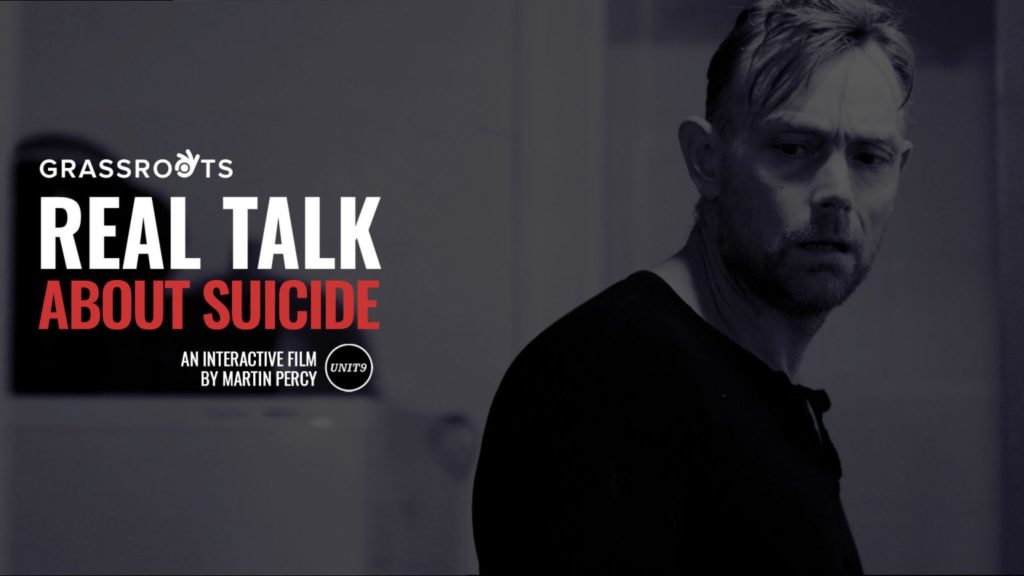Resources to help you understand mental health problems and available support options.
MIND UK
‘In many ways, mental health is just like physical health: everybody has it and we need to take care of it.
Good mental health means being generally able to think, feel and react in the ways that you need and want to live your life. But if you go through a period of poor mental health you might find the ways you’re frequently thinking, feeling or reacting become difficult, or even impossible, to cope with. This can feel just as bad as a physical illness, or even worse.
Mental health problems…… range from common problems, such as depression and anxiety, to rarer problems such as schizophrenia and bipolar disorder’.
Expectations of Community Sponsorship groups and the refugees arriving in the UK under the Community Sponsorship scheme can be complex and can change over time. Initially, refugee families may feel relieved that they are safe and are positive about their new life in the UK. However, once the ‘honeymoon period’ is over, feelings of loss, helplessness and even hostility may arise – all of which are heightened if trauma has been experienced. Research tells us that refugees are five times more likely than the UK population to experience mental health problems.
As a Community Sponsorship group, your role is never to diagnose or treat mental health problems, but to signpost the refugees you support to different professional services that can help if they express the need.
The following resources may help you to broaden your understanding of mental health and have the knowledge to signpost family members that may need to access mental health support services.
Talking to someone you’re worried about
If you are concerned about the emotional wellbeing of a family member it is good to check in and see how they are. If you are concerned about the emotional wellbeing of a child you can talk to the parents or your safeguarding lead. Perhaps you have noticed that they seem overwhelmed, less able to concentrate, irritable, anxious or low.
- Find a quiet and private space to talk with them (with an interpreter if needed).
- Give them your full attention.
- Try to relax – it will help you to come across as genuine and engaged.
- Ask direct questions about how they are feeling emotionally.
- Listen.
- Try to understand their problem and show empathy.
- Remember that not everyone will want to share how they are feeling. Reassure them that you’re available if they need to talk in the future.
- Ask them how you can help. You can make suggestions (such as helping them to make a GP appointment), but do not tell them what to do.
- You can explain that in the UK it is normal to talk to the GP and seek help for your emotional wellbeing, just like you would for you physical health.
Real Talk About Suicide is an interactive film which helps guide the viewer, as they make choices to support someone with suicidal thoughts and behaviours.
Suicide can be an emotive subject, particularly if you have been personally affected by suicide. Please be mindful of this when you decide whether or not to watch the film. You may find it helpful to watch it with someone you can talk to.
To watch the film please click on the picture below:

Resources to be aware of




